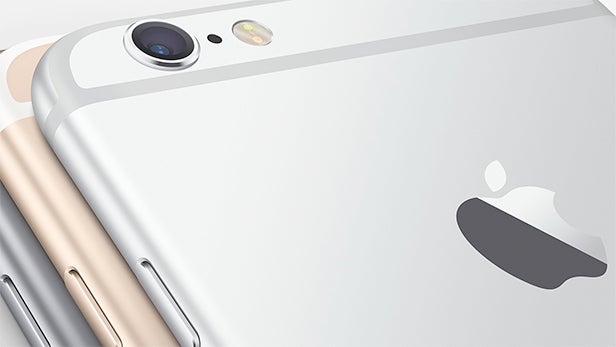Apple fined $234m over iPhone processor patent breach

Update: Apple has been ordered to pay the University of Wisconsin-Madison’s patent licensing arm over $234 million in damages by a US jury.
Original article 14/10/2015:
There are probably a number of long faces over at Apple’s legal department today.
Apple is facing a huge payment order of anywhere up to $862 million after it was found to be using a processor patent without permission.
A US jury decided that the Cupertino-based technology was breaching a patent held by the University of Wisconsin’s licensing arm – WARF, or Wisconsin Alumni Research Foundation.
The patent, which improves the efficiency of processors, described technology used in Apple’s A7, A8, and A8X chipsets.
Those particular chips feature in a number of Apple devices, including the iPhone 5S, iPhone 6, iPhone 6 Plus and the iPad Air 2.
Apple originally denied that it had infringed the patent, arguing that the patent was invalid, as reported by Reuters.
US District Judge William Conley, who is presiding over the case, has suggested that Apple could be forced to pay anything up to $862.4 million as damages.
WARF previously sued Intel using the patent back in 2008, but the case was ultimately settled.
The research foundation has already filed a second lawsuit against Apple, this time targeting its new A9 and A9X chips, which feature in the iPhone 6S, iPhone 6S Plus, and the iPad Pro.
Related: iPhone 6S vs iPhone 6
The patent specifically relates to data dependence prediction, which affects the way a processor executes instructions.
A Reddit post by /u/SGwithADD explains it well:
“In a nutshell, when a processor executes instructions, it requires some data to operate on, which will be generated by prior instructions. Therefore, it has to wait on these prior instructions to complete.”
It continues: “This can be difficult to identify, thanks to load instructions and others, where the dependency cannot be figured out until the data is retrieved from cache/memory – which can take a while.”
The patent describes a technology that offers a smarter way of predicting when these dependencies exist.
This lets the processor execute the instructions out of order more aggressively, as well as avoiding mistakes in speculation.
Do you think Apple should pay such a huge sum in damages? Let us know in the comments.
Check out our smartphone buyer’s video guide below:


